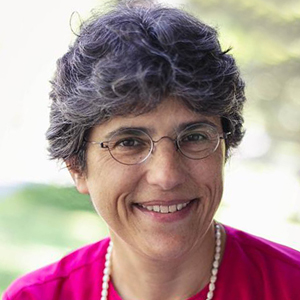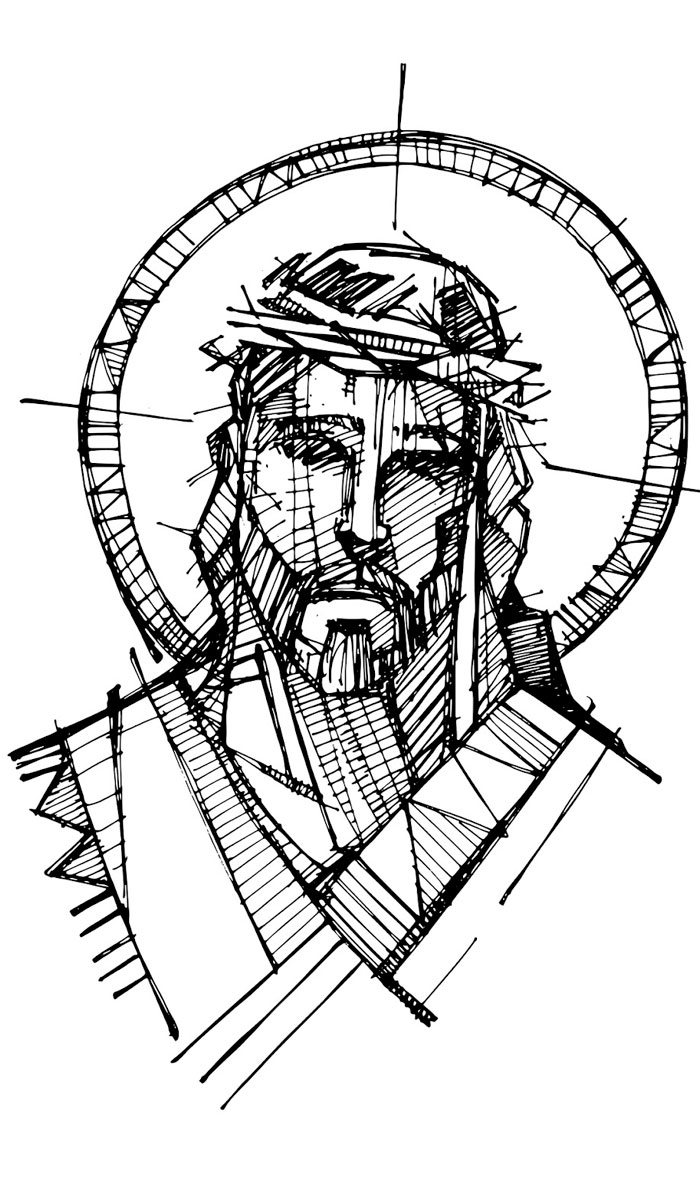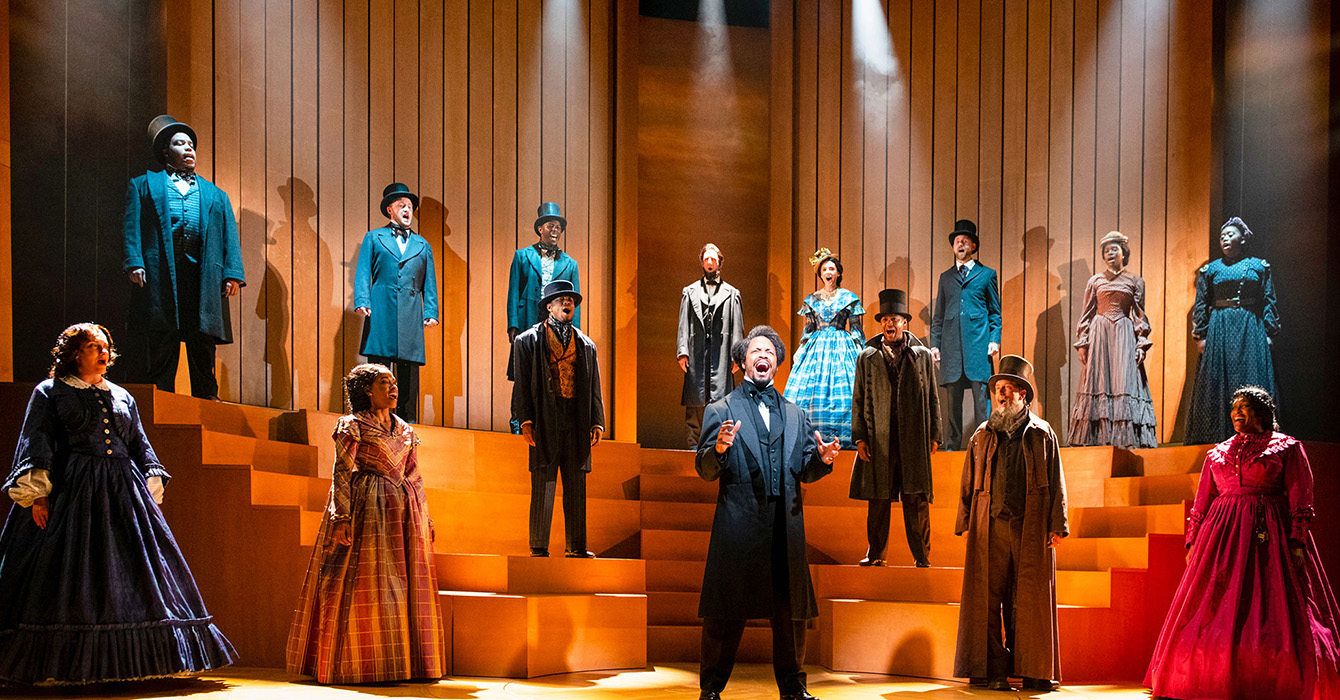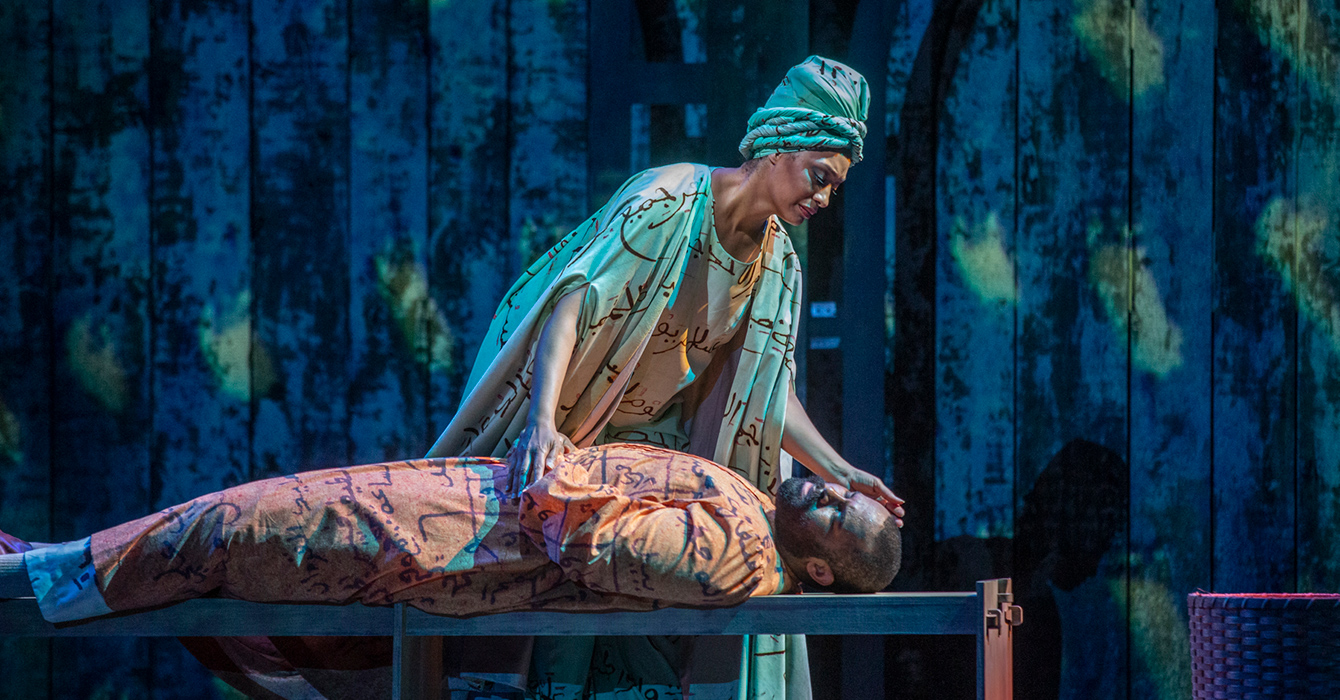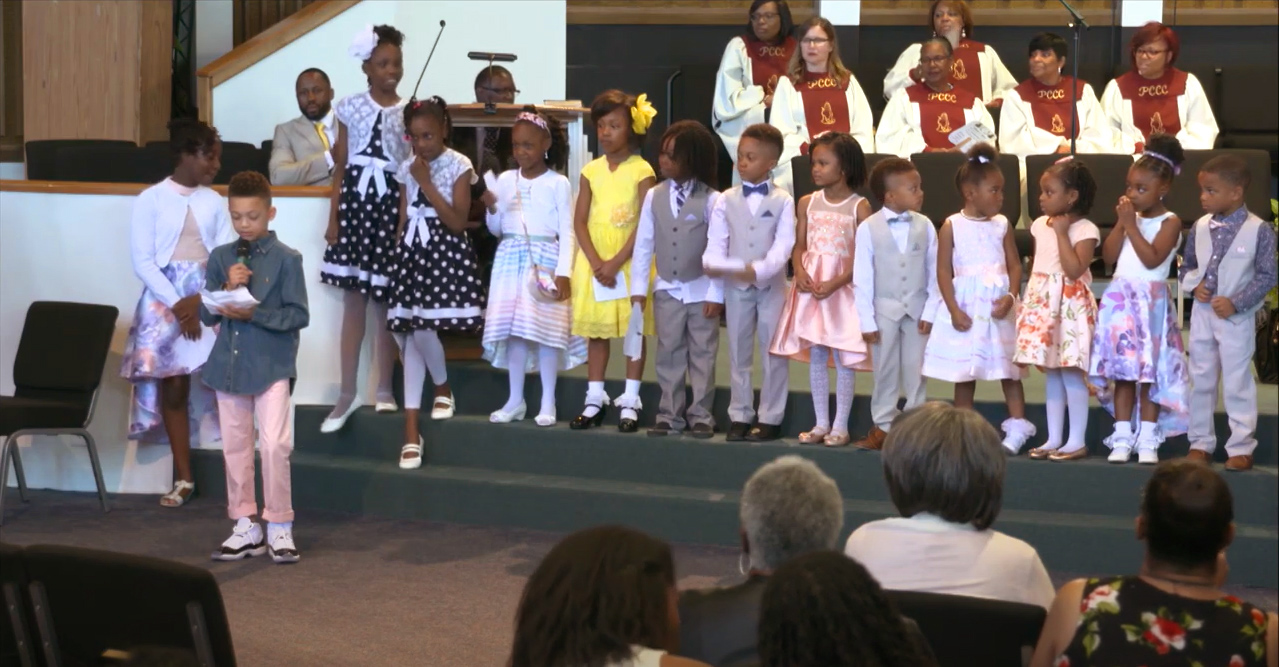Update: The Rev. Dr. Cynthia A. Wilson serves as associate general secretary of Discipleship Ministries of The United Methodist Church.
Cynthia Wilson grew up in a home where music was not optional. “It was breath, and it was life,” she said. She and her five brothers often joked, “Daddy was determined never to be without a musician,” though only two actually ended up going into music full time. She was one of them.
 A graduate of Dillard University and Southern Methodist University Perkins School of Theology, she has taught music in public schools, has been a preacher and minister of music, has toured the world as a gospel and spirituals singer, and now consults churches and ministries on worship and music. She’s also currently working on a Ph.D. in liturgical studies at Garrett-Evangelical Theological Seminary.
A graduate of Dillard University and Southern Methodist University Perkins School of Theology, she has taught music in public schools, has been a preacher and minister of music, has toured the world as a gospel and spirituals singer, and now consults churches and ministries on worship and music. She’s also currently working on a Ph.D. in liturgical studies at Garrett-Evangelical Theological Seminary.
Among her credits: She co-wrote the Grammy-nominated “With a Made Up Mind,” which was performed by the Donald Vails Choraleers; was named Best Female Vocalist at the 1998 Gospel Choice Awards; and served as the first female and African-American director of music at the 2000 General Conference of the United Methodist Church.
Wilson was also part of the task force that produced “Songs of Zion,” a worship resource consisting of gospels, benedictions, spirituals and chants as well as historical accounts of musical movements within the black church. Out of that project, she came to record “New Songs of Zion,” an album first released by Warner Alliance in 1993 that comprises selected gospel and spiritual songs. It’ll be re-released this year.
Wilson spoke with Faith & Leadership about preserving spirituals and the role of music in the church. The following is an edited transcript.
Q: How did “New Songs of Zion” originally come to be?
Once we finished the songbook, “Songs of Zion,” I recognized that we had done all of this work to capture the authentic spiritual as we knew it historically but we wrapped it in a package that might not appeal to my children or other children, and it was not going to promote the preservation of this marvelous musical tradition.
So at the urging of a colleague, Moses Dillard, who is now deceased, and another colleague, Jesse Boyce, I agreed to do this project. What they asked me to do was to select some of my favorite songs that would be categorized as spirituals or gospel but mainly spirituals.
Moses was doing music at the time on the secular side, before he became a United Methodist clergyperson, and he had produced people like Peabo Bryson. Jesse was the music director for Little Richard for about 20 years. So, with the two of them together, you can imagine the synthesis of their gifts. That brought about a wonderful interpretation musically of these spirituals.
They took pieces like “I Woke Up This Morning with My Mind Stayed on Jesus,” “Hush, Somebody’s Calling My Name” and “Changed My Name” and added the kinds of embellishments that you would hear in blues and in jazz. There are even early traces of urban soul. Even though hip-hop was just coming into its own, we incorporated it into our arrangement of “Ain’t Gonna Let Nobody Turn Me Around.”
The CD is called “New Songs of Zion,” suggesting that here is the “Songs of Zion” in a contemporary package, and that’s what it is.
Q: What’s the value of preserving the musical tradition of the authentic spiritual by repackaging it?
No. 1, because it’s the first genre that was born on American soil, we can say this is American music. The richness of this heritage lies in the fact that it belongs to America. And so how can we not preserve that which is ours, that which belongs to us?
It also transcends cultures, it transcends strata, it transcends generations. I think that there are some properties that this music possesses that translate into what we deem as kin-dom or community building.
I also think that there are ways in which the spiritual has transformed things that nothing else has. I’m alluding to the civil rights movement. Most of the songs in the civil rights movement were spirituals that functioned for that movement. They functioned in a different way. Some of the words were changed to fit the occasion. “Ain’t Gonna Let Nobody Turn Me Around” became a cry for freedom and justice in America again.
Q: What do you mean by “functioned”?
When Africans came to this country, they had a myriad of not only languages, but within those languages, dialects. Slavery separated these languages and dialects. The common thread became the English language, or the king’s English.
In order for the slaves to function in this context they had to appropriate the English language. In some instances, this was done by one particular slave on a plantation perhaps being equipped with the skills or the language. There were certain slaves that were selected to learn the language, because the last thing that the slave master wanted was for them to be able to communicate with one another. But the slaves were ingenious in the way they learned the language, because when one knew how to translate, [he or she] taught the others.
Many of those experiences of teaching were done by using slave songs that taught -- they taught everyday life, they taught the Bible, they taught the social systems and political systems -- by creating cryptic codes that were musical, and that translated into messages of meaning. This ingenious genre served them through all of life, whether it was work, whether it was play, whether it was worship. And that’s what it means to say the music functioned.
Q: What’s the relationship between this and the black church?
Going back to slavery, the black church was established through the music of the spiritual. Pretty much everything that was done in the liturgy was done rhythmically and harmonically and melodically. There has always been a rhythm to black church worship. And so if you begin at the invisible institution -- the invisible church -- you recognize that the prayers, the call to worship, the invocation, the confession and even the sermon were all sung.
When we transitioned from slavery to a time of so-called liberation, the worship experience was shaped by the music. So again, you had the strength of the song building the foundation and leading and plowing a path to what would become the spoken word, or the sermon, which was then preached from a pulpit.
But all of what happened prior to and after the preached word was music. The sermon served as the centerpiece for worship, but music undergirded and supported that preached word. Many black pastors continue to place great emphasis on the function of music in worship. You might hear a pastor say, “If the music is not right, I can’t preach.”
Q: What are the implications of this?
There are some negative implications, because what that means is that sometimes the church has compromised the quality of music just to have music. Sometimes you will find musicians who are really not church musicians, and have no clue about doing music in the church, providing leadership. What you get essentially as a result is music that’s led by a person who does not understand liturgy from a biblical or theological perspective in Christian worship. You might hear songs that are not intended for church and worship.
On the other side of that, when you have a person in leadership providing guidance for the music and when the music is theologically and biblically sound and when the text of the music makes sense with what is going to be preached, I believe that God comes in a way that really heals broken hearts and allows a response that’s an unequivocal yes to God, because there are properties in the music that allow hearts and minds to change.
Q: Your dissertation topic looks at how congregational song can transform and build community. How can you build community through song?
First of all, if you really think about it, the only thing that we can do all together at the same time is sing.
Through my observations of [touring and singing abroad], there’s something about the properties of music that transcend difference. I dibbled and dabbled a little bit in music therapy briefly while in Detroit and really began to explore the healing properties of music.
[Consider] the civil rights movement. It was songs that brought about a community of unity, because the people, before they marched, they gathered in song. And then as they marched, they sang.
Decades after slavery you saw the song still functioning as a medium for tearing down walls and building a sense of belonging. As people stood together and opened their mouths to sing, hearts were circumcised and opened as well. The Spirit was at work in a way that we have seen at no other time. The power of one voice transcends difference.
Q: What about the role in the church? How can Christian leaders build community through song?
There is not one definitive answer for creating an atmosphere that encourages the congregation to lift up her voice. There are myriad ways in which that can be done and should be done.
If we are approaching congregational song as a unilateral exercise in the 21st century, I think it’s a travesty. When we sing only one song, so many voices will be left out. Needless to say, there are negative implications for church growth, not only numerical but spiritual and social as well. How then do we fulfill the mandate of the great commission to teach all nations?
There’s got to be an atmosphere where every voice is welcome to sing and an encouragement for an invitation to dare to sing a new song.
Q: How can Christian leaders create such an atmosphere?
The only way to create such an atmosphere is for present-day church leaders to move beyond the “temple of their own familiar.” We all like what we know, but we are intimidated by what we do not know. However, if I read the Pentecost account correctly, the Holy Spirit would not have fallen on those gathered in the upper room if there had not been a willingness to move beyond the familiar. Acts 2:1 says, “... and they were all with one accord.”


